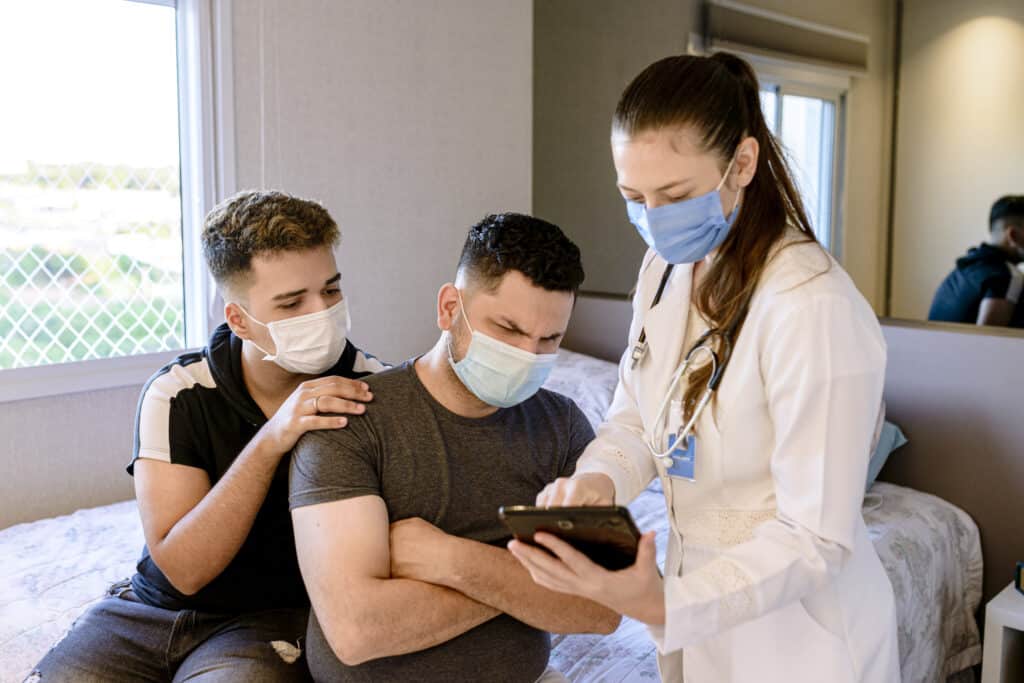Finding Inclusive Dementia Care Remains a Challenge for LGBTQIA+ Community

An article published by Xtra Magazine illustrated the difficulties that members of the LGBTQIA+ community experience when trying to find long-term care for FTD and other dementias.
Care partner Sharon Hunter shared the difficult journey she and her partner, Stacy Garrioch, endured while trying to find long-term care after Garrioch was diagnosed with primary progressive aphasia (PPA). Garrioch’s diagnosis came amid the COVID-19 pandemic, complicating Hunter’s search for support.
“We were caught in this really isolating vortex of the unknown, of terror,” Hunter said. “I could see that she was declining—my health was also declining—but nobody could come and help us.”
As Hunter’s search went on, she had to overcome several obstacles created by a lack of LGBTQIA+ inclusion within support structures. One obstacle she faced was having to overcome assumptions about her relationship with Garrioch, with many providers assuming her to be Hunter’s sister, aunt, and even her mother.
“Before we could get to the source of information or the help, we had to go through that whole barrage of questions. It’s almost like having to break down a wall before you get there, and you never know what people’s reactions are going to be,” Hunter said.
Another problem the article highlights is the discrimination that many transgender individuals face when trying to receive dementia care.
Marjorie Silverman, a social work professor at the University of Ottawa, said that the stigma surrounding dementia can cause deeply negative consequences for trans individuals, such as having gender-affirming care cut off. Silverman points to cases where someone’s gender identity wasn’t treated seriously due to their dementia diagnosis.
“Often, people with dementia are just labeled as incapacitated in all spheres of their life, even when they’re still very, very capable of making a lot of decisions,” Silverman said. “The two systems of oppression work together to invalidate both the cognitive abilities of the person and the gender identity of the person.”
Ashley Flanagan, a research fellow at Toronto Metropolitan University’s National Institute on Ageing, said that offering a broader range of care options could help solve these issues, such as LGBTQIA+ oriented support groups. However, a larger shift in the culture of the healthcare industry could go even further to make dementia care accessible.
“The only way to do that is a really concerted effort to transform that heteronormative, cisnormative structure within healthcare that has traditionally been there,” Flanagan said.
For more on this topic, you can read about an advocate’s experiences with the isolation people in the LGBTQIA+ community face after an FTD diagnosis.
If you are having difficulties of your own finding care and support for FTD, or just want to talk to someone who understands what you are going through, call the AFTD HelpLine at 1-866-507-7222, or email at info@theaftd.org.
By Category
Our Newsletters
Stay Informed
Sign up now and stay on top of the latest with our newsletter, event alerts, and more…
